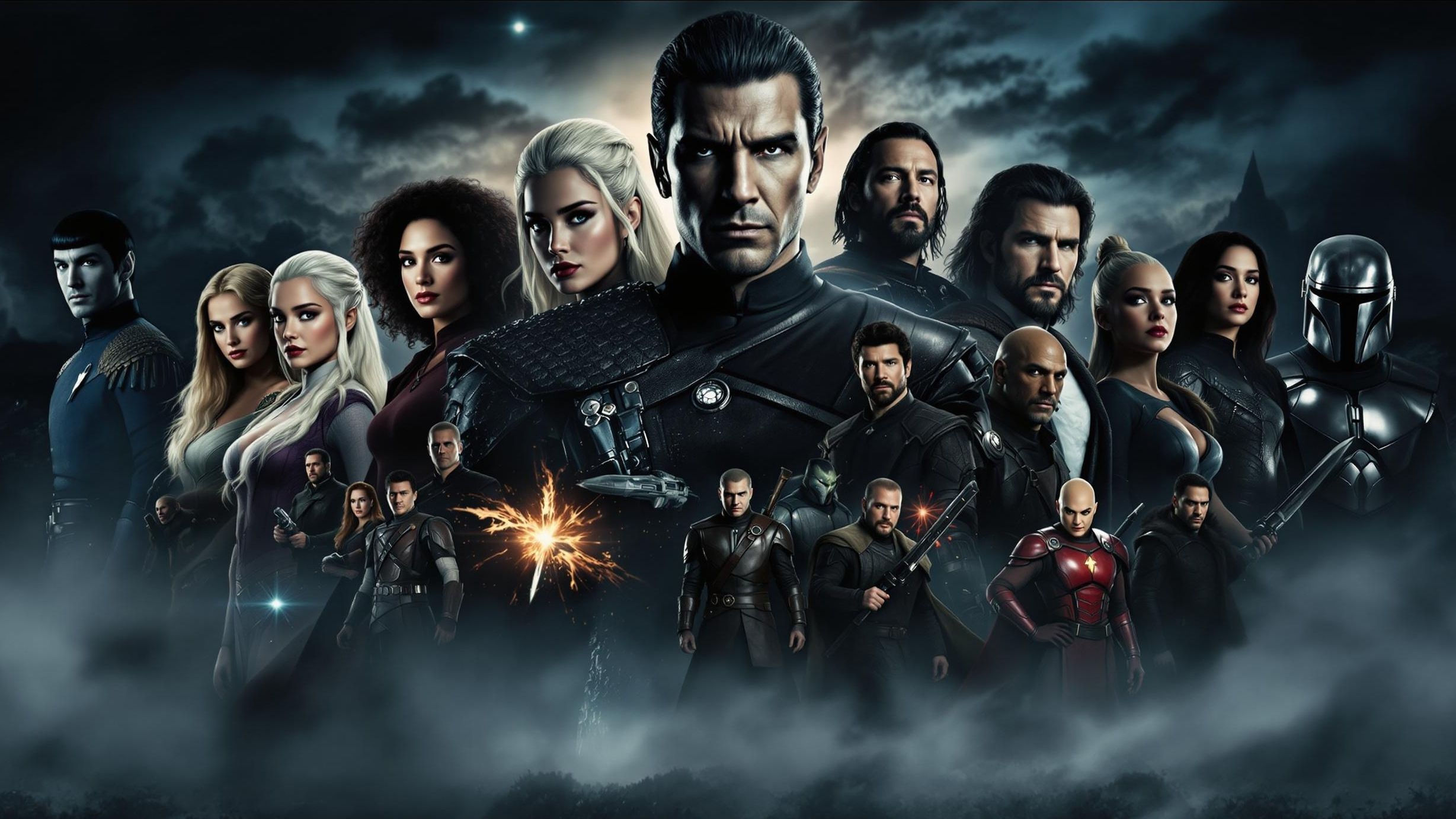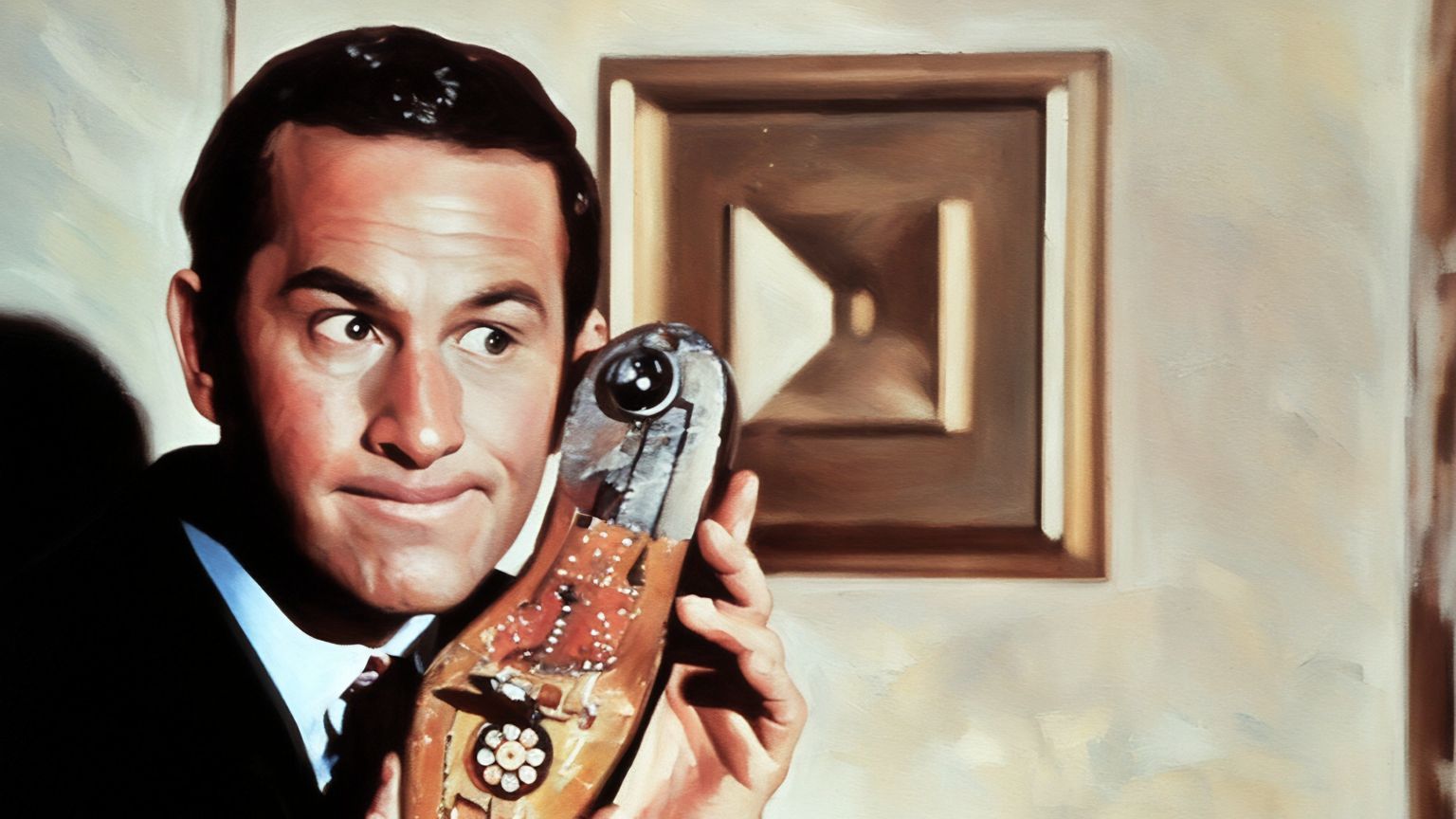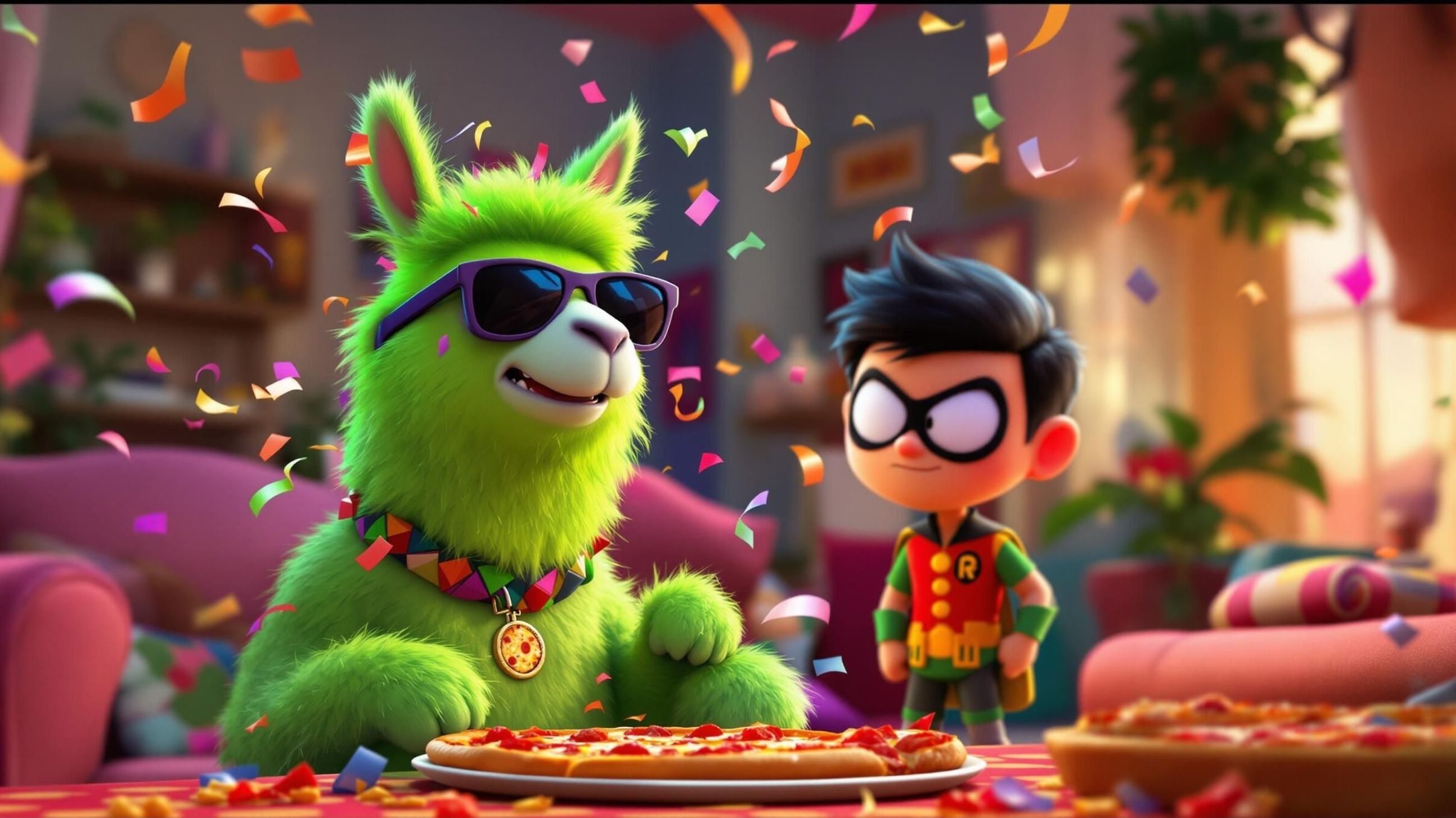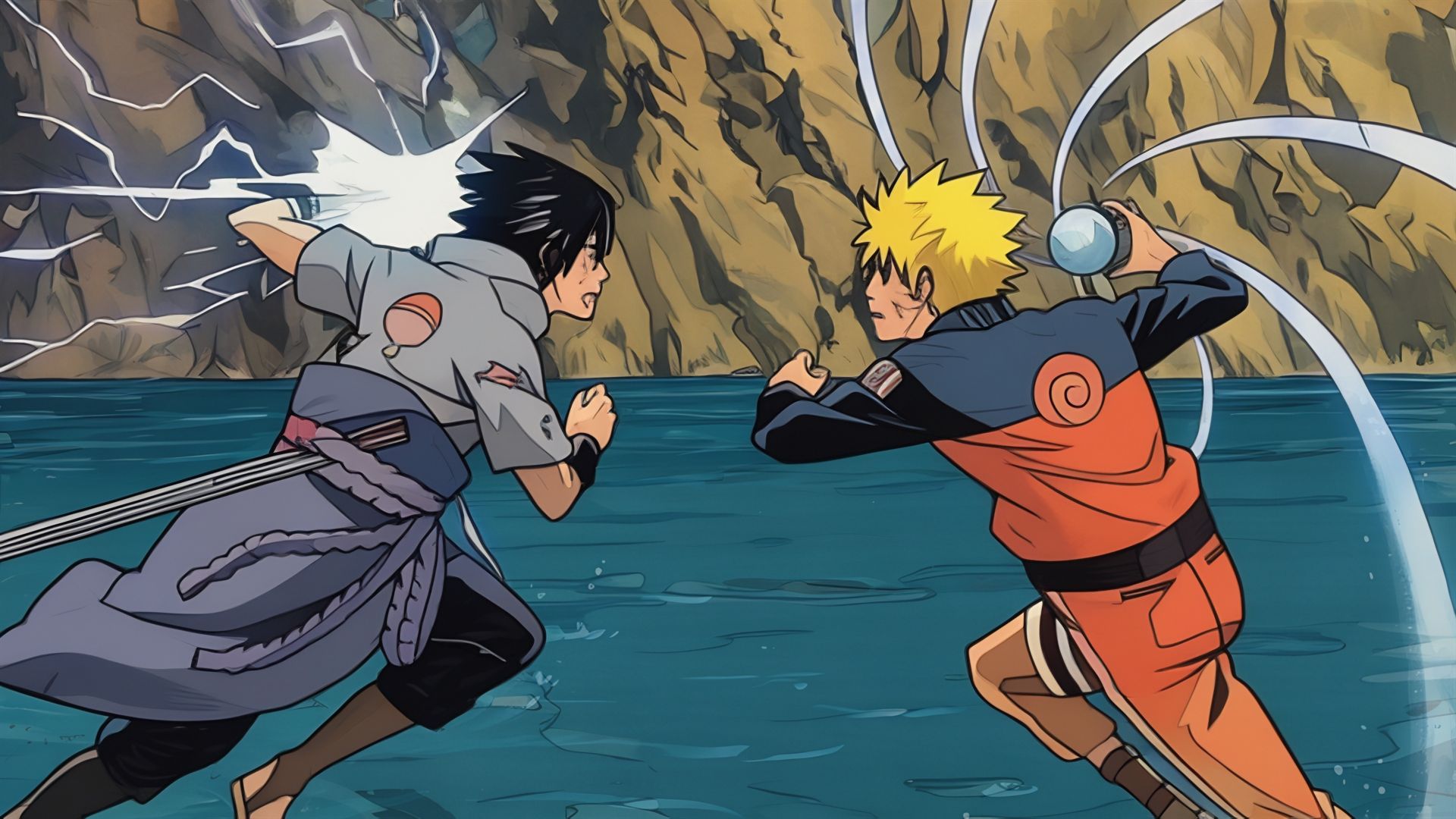Science fiction and fantasy television has gifted us some of the most unforgettable characters ever to grace the screen—figures who transcend time, space, and even reality itself. These aren’t just warriors and wizards, aliens and androids; they’re complex, emotionally rich individuals who challenge what it means to be human, heroic, or even monstrous. Whether they command starships, slay demons, manipulate magic, or rewrite morality itself, these characters have left a permanent mark on the genre and the cultural imagination. They’ve inspired fan theories, Halloween costumes, think pieces, and decades-long debates. And while sci-fi and fantasy are often about world-building, it’s these characters who give those worlds depth and meaning. From the brooding battlefields of Westeros to the time-traveling corridors of the TARDIS, this list celebrates the top ten sci-fi and fantasy TV characters who defined their shows—and redefined what genre storytelling could be.
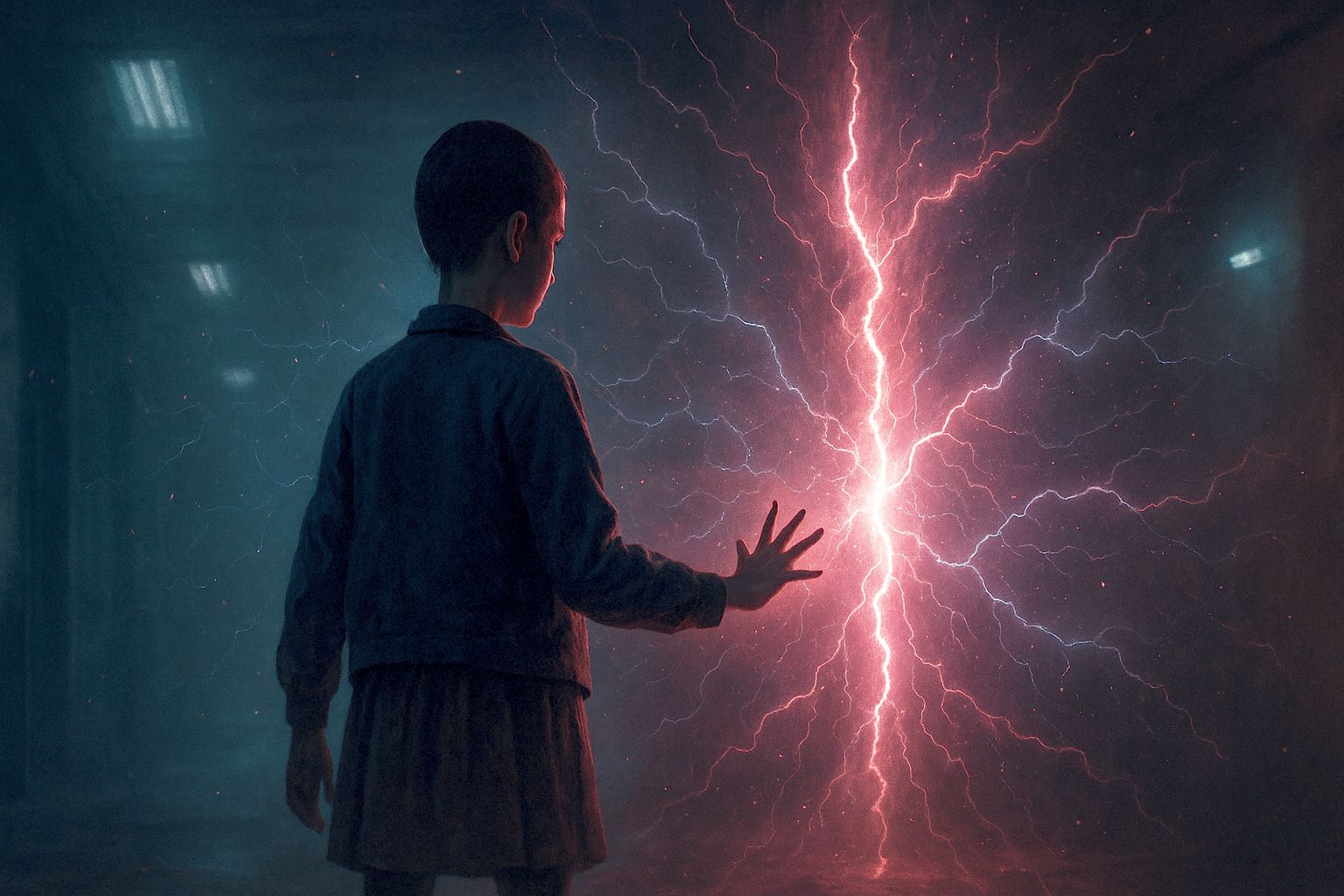
#10: Eleven (Stranger Things)
When Stranger Things hit Netflix in 2016, it not only launched a retro horror-sci-fi resurgence—it also introduced us to one of the most compelling young heroines in modern television: Eleven. Played with quiet intensity by Millie Bobby Brown, Eleven is a government experiment escapee with telekinetic powers, limited vocabulary, and a massive heart. Her arc from lab subject to full-fledged friend, fighter, and protector of Hawkins, Indiana, captivated audiences around the world. Her shaved head and nosebleeds became instantly iconic, and her love of Eggo waffles made her endearing in a way no other psychic warrior has been. Eleven is more than a power source; she embodies the trauma and healing of childhood, showing that even in a world full of monsters—real and supernatural—the strength to fight often comes from emotional vulnerability. As the series progressed, so did her complexity. From confronting her origins to forging her identity outside the lab, Eleven’s story is a rich blend of horror, science fiction, and emotional drama. She’s become a symbol of empowerment and resilience, particularly for young female audiences in genre fiction.
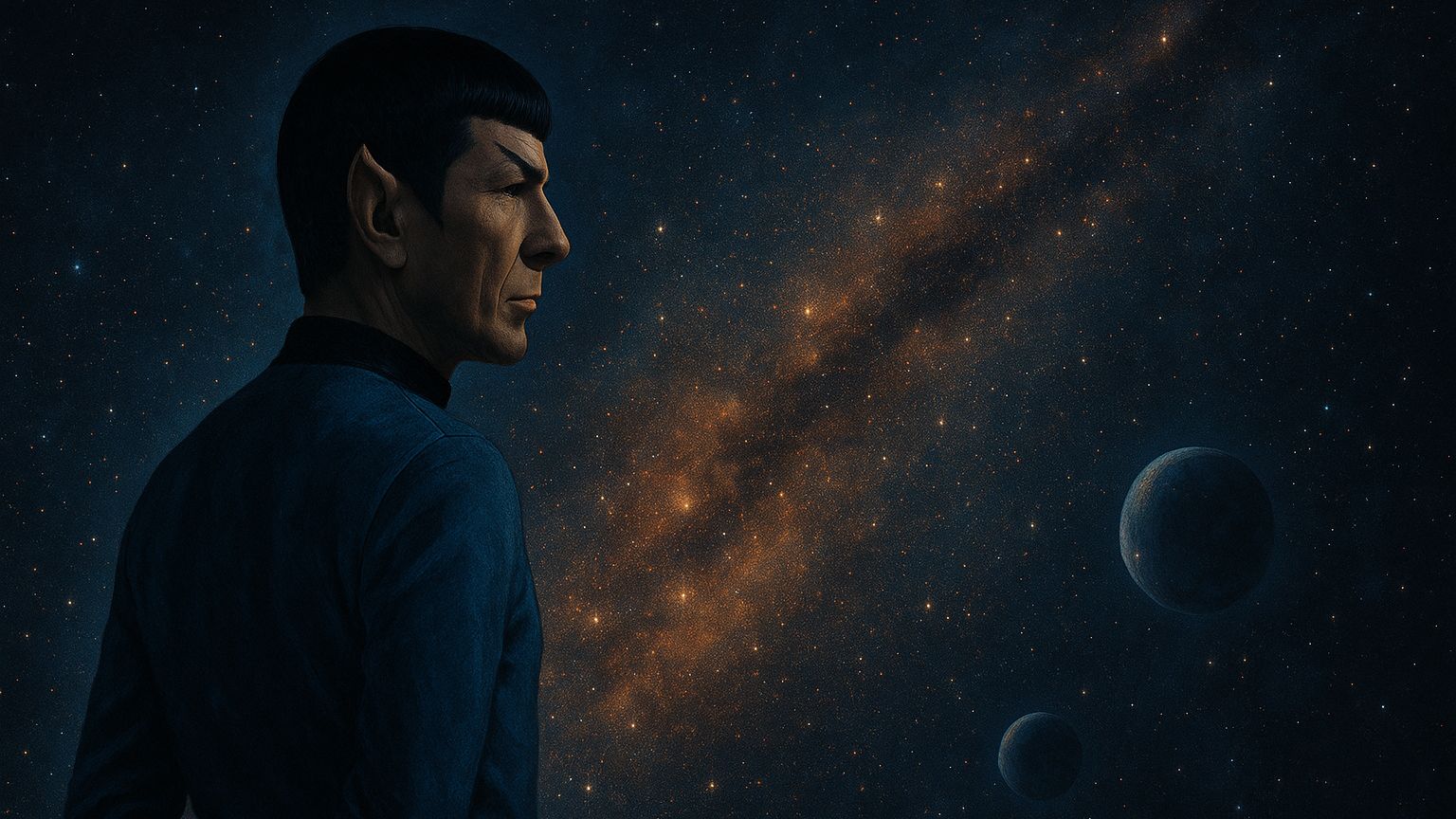
#9: Spock (Star Trek: The Original Series and beyond)
Few characters have bridged logic and emotion like Spock, the half-human, half-Vulcan science officer from Star Trek. Leonard Nimoy’s performance as Spock has become the standard by which all emotionless-but-deeply-emotional characters are measured. His alien demeanor, signature salute, and “Live long and prosper” philosophy remain cultural touchstones. But it’s Spock’s internal duality—the tension between his Vulcan logic and suppressed human emotion—that has given him lasting depth. Whether debating ethics with Captain Kirk or facing off against his father Sarek, Spock has always been more than the ship’s brains; he’s the heart and conscience of Star Trek. The character’s evolution across various Star Trek series and films—from Nimoy’s original portrayal to Zachary Quinto’s modern take—speaks to his timeless appeal. In an age where science fiction explores what it means to be human, Spock remains the perfect lens for asking those big questions. He’s the rational outsider trying to fit in, and in doing so, he became one of sci-fi’s most enduring icons.
#8: Buffy Summers (Buffy the Vampire Slayer)
Buffy wasn’t the first female action hero on television, but she redefined what that archetype could be. Played by Sarah Michelle Gellar, Buffy Summers was a high school girl destined to fight vampires, demons, and the literal embodiment of evil—all while navigating crushes, cliques, and calculus. Created by Joss Whedon, Buffy the Vampire Slayer merged the supernatural with the coming-of-age genre in a way no show had done before. Buffy was witty, powerful, and constantly evolving. She didn’t just slay vampires—she slayed patriarchal tropes. Her relationships, particularly with characters like Willow, Giles, and Angel, showed her complexity as a leader, friend, and flawed human being. The show tackled topics like death, grief, identity, and addiction, and Buffy stood at the emotional center of it all. Her journey from reluctant heroine to confident warrior marked one of the most compelling transformations in television history. Buffy empowered a generation, and her influence can be seen in nearly every fantasy heroine that followed.
#7: Tyrion Lannister (Game of Thrones)
Tyrion Lannister, the witty and underestimated youngest son of House Lannister, became the unexpected heart and moral compass of Game of Thrones. Played masterfully by Peter Dinklage, Tyrion used intelligence, sarcasm, and political savvy to survive the brutal world of Westeros. At only a few feet tall in stature, Tyrion towered above most of the realm in character depth. He wasn’t a warrior, but he fought battles of wit and strategy. What made Tyrion stand out was his emotional arc: from the reviled “imp” of his family to a key advisor who tried—often in vain—to steer Westeros away from destruction. He navigated betrayal, love, shame, and loss with grace and a goblet of wine in hand. His quotes—“I drink and I know things”—became part of pop culture. But beneath the jokes was a man in constant search of meaning and respect. Tyrion is a testament to the idea that brains, compassion, and humor can be as powerful as any sword.
#6: The Doctor (Doctor Who)
The Doctor isn’t just one character—they’re an ever-regenerating Time Lord with a shifting face and personality. That premise alone makes Doctor Who one of the most fascinating shows in genre television, and The Doctor its most dynamic presence. Whether portrayed with charm by David Tennant, whimsy by Matt Smith, or gravitas by Christopher Eccleston or Jodie Whittaker, The Doctor is a beacon of hope, intelligence, and eccentricity. This alien with two hearts doesn’t use guns or brute strength. Instead, they win with words, compassion, and time travel ingenuity. The Doctor’s moral code—protect the innocent, challenge cruelty, and never give up—has turned generations of viewers into lifelong fans. And no matter the incarnation, The Doctor embodies a powerful message: change isn’t the end, it’s evolution. Across galaxies, timelines, and eras, The Doctor’s commitment to saving the universe (often from itself) makes them a symbol of relentless optimism in a chaotic cosmos.
#5: Geralt of Rivia (The Witcher)
Brooding, brutal, and burdened with responsibility, Geralt of Rivia stands as the stoic antihero that fantasy needed in the 21st century. First brought to screen by Henry Cavill in Netflix’s The Witcher, Geralt is a monster hunter—or “witcher”—with enhanced powers and an even more enhanced sense of moral ambiguity. He slays beasts, both literal and metaphorical, in a world rife with corruption and war. But it’s not just his swordsmanship or sorcery that earned him a spot on this list—it’s his humanity. Geralt, despite his mutations, often proves more ethical than the so-called “pure” humans around him. His bond with Ciri and his tempestuous relationship with Yennefer anchor the show in emotion and pathos. Cavill’s deadpan delivery of “Hmm” and “F—k” somehow says more than pages of dialogue, reinforcing Geralt’s introspective nature. He’s a fantasy hero who doesn’t want to be one—and that’s what makes him unforgettable.
#4: Daenerys Targaryen (Game of Thrones)
Daenerys Stormborn. The Mother of Dragons. Khaleesi. Few characters have carried as many titles—and ambitions—as Daenerys Targaryen. Emilia Clarke’s portrayal took us on a slow-burning transformation from a timid, abused girl to a commanding, dragon-riding ruler determined to “break the wheel.” Daenerys became a symbol of liberation for the oppressed, freeing slaves and toppling tyrants. She combined fire-breathing spectacle with tender moments of doubt and empathy, becoming a multifaceted figure in a show known for its moral gray areas. However, her eventual turn toward tyranny in the show’s final season sparked controversy and debate, making her one of the most polarizing figures in modern TV. Regardless of where viewers land on her ending, Daenerys left a cultural footprint few fantasy characters ever have. Her rise, struggles, and fall are the stuff of Shakespearean tragedy—and that’s why she belongs on this list.
#3: Jean-Luc Picard (Star Trek: The Next Generation)
Captain Jean-Luc Picard wasn’t your typical action-oriented starship commander. He led not with phasers but with philosophy. Portrayed by the dignified Patrick Stewart, Picard brought intellectual weight and emotional nuance to Star Trek: The Next Generation. He wasn’t afraid to quote Shakespeare or outmaneuver alien threats with diplomacy. Picard stood as a model of leadership, ethics, and calm under pressure. He didn’t just command a ship—he challenged his crew (and viewers) to think critically, act morally, and question the status quo. Whether confronting the Borg or debating the Prime Directive, Picard embodied the idea that strength can come from principle rather than violence. His recent return in Star Trek: Picard only deepened our appreciation for this character. In a franchise full of legendary figures, Picard remains the gold standard of captains—and one of the most respected characters in sci-fi history.
#2: Walter White (Breaking Bad)
Though Breaking Bad is grounded more in crime drama than pure sci-fi or fantasy, Walter White’s transformation into Heisenberg feels mythological. A high school chemistry teacher who turns to cooking meth after a cancer diagnosis, Walter’s descent into criminal genius territory is both Shakespearean and deeply disturbing. Bryan Cranston’s performance captures every crack of Walt’s fractured psyche—from his meek beginnings to his terrifying “I am the danger” declaration. In a genre context, Walter White plays like a dark wizard, alchemizing science and power into his own form of dominance. His arc is a cautionary tale about ambition, ego, and the lies we tell ourselves to justify evil. While not a traditional fantasy character, Walt’s impact on genre storytelling—especially in how it blends moral complexity with transformation—secures his spot here. He’s the villain who thinks he’s the hero. And that makes him unforgettable.
#1: Jon Snow (Game of Thrones)
Jon Snow may have started as Ned Stark’s quiet, illegitimate son, but by the end of Game of Thrones, he had become the beating heart of the fantasy epic. Portrayed by Kit Harington, Jon’s journey from the Wall to the Battle of the Bastards to ultimately killing Daenerys is one of the most iconic in television history. He embodied everything that made Game of Thrones work: reluctant leadership, moral integrity, and heartbreak. He was resurrected, betrayed, crowned, and cast aside—and still he tried to do what was right. His loyalty to his brothers, love for Ygritte and Daenerys, and haunted sense of duty made him relatable and revered. Jon’s identity reveal as Aegon Targaryen added layers to an already rich narrative, even if the series finale left fans divided. What makes Jon truly legendary, however, is his quiet strength. He never wanted power, yet he wielded it with more grace than those who did. In the world of dragons and betrayals, Jon Snow stayed true. That’s why he tops this list.
The world of sci-fi and fantasy television thrives on imagination, but its greatest strength lies in unforgettable characters. From starship captains to vampire slayers and morally conflicted antiheroes, these icons have transcended their fictional worlds to leave a lasting mark on ours. They challenged us to think deeper, dream bigger, and feel more. Whether they saved the universe or wrestled with inner demons, each of them reminded us why genre storytelling continues to captivate and inspire.

